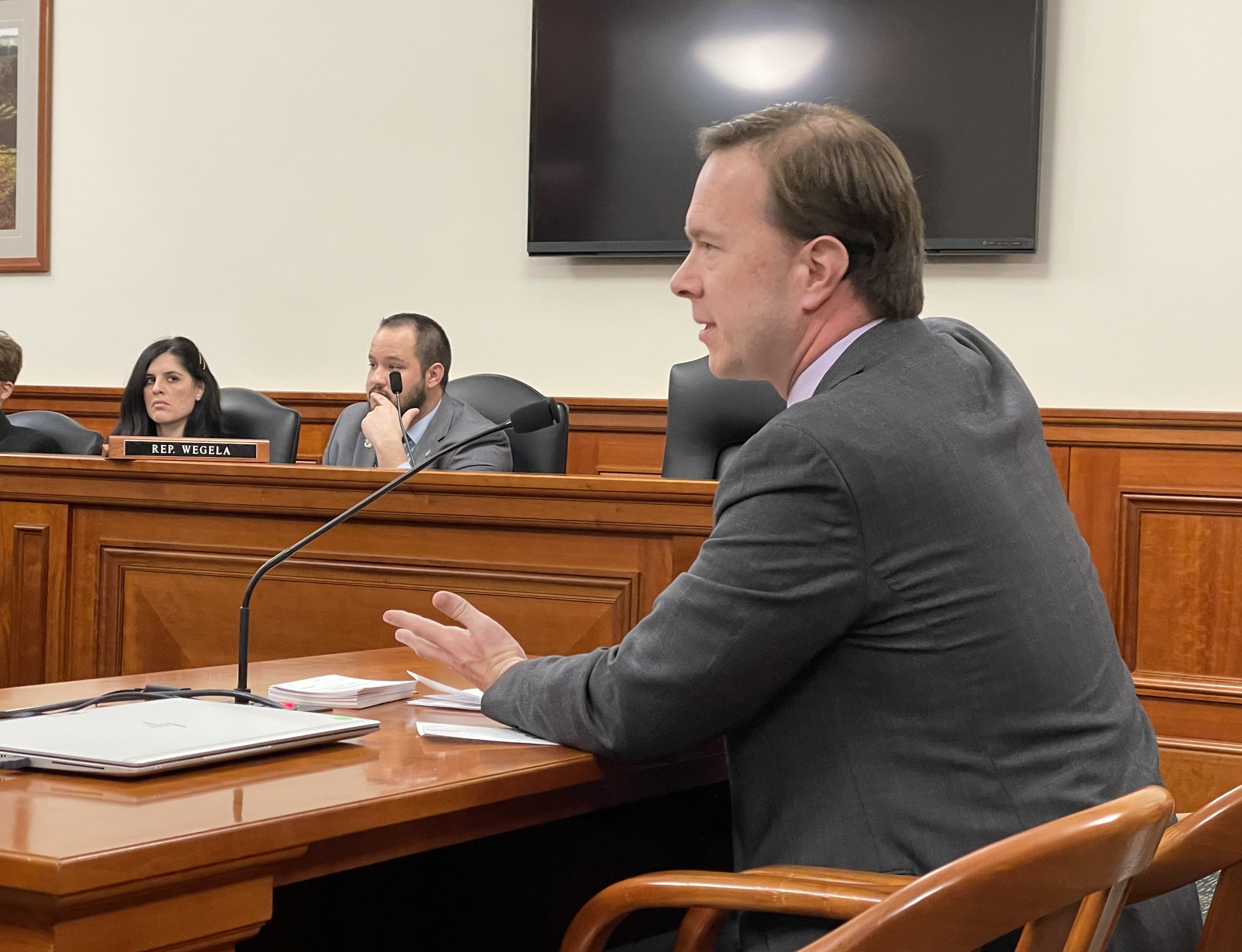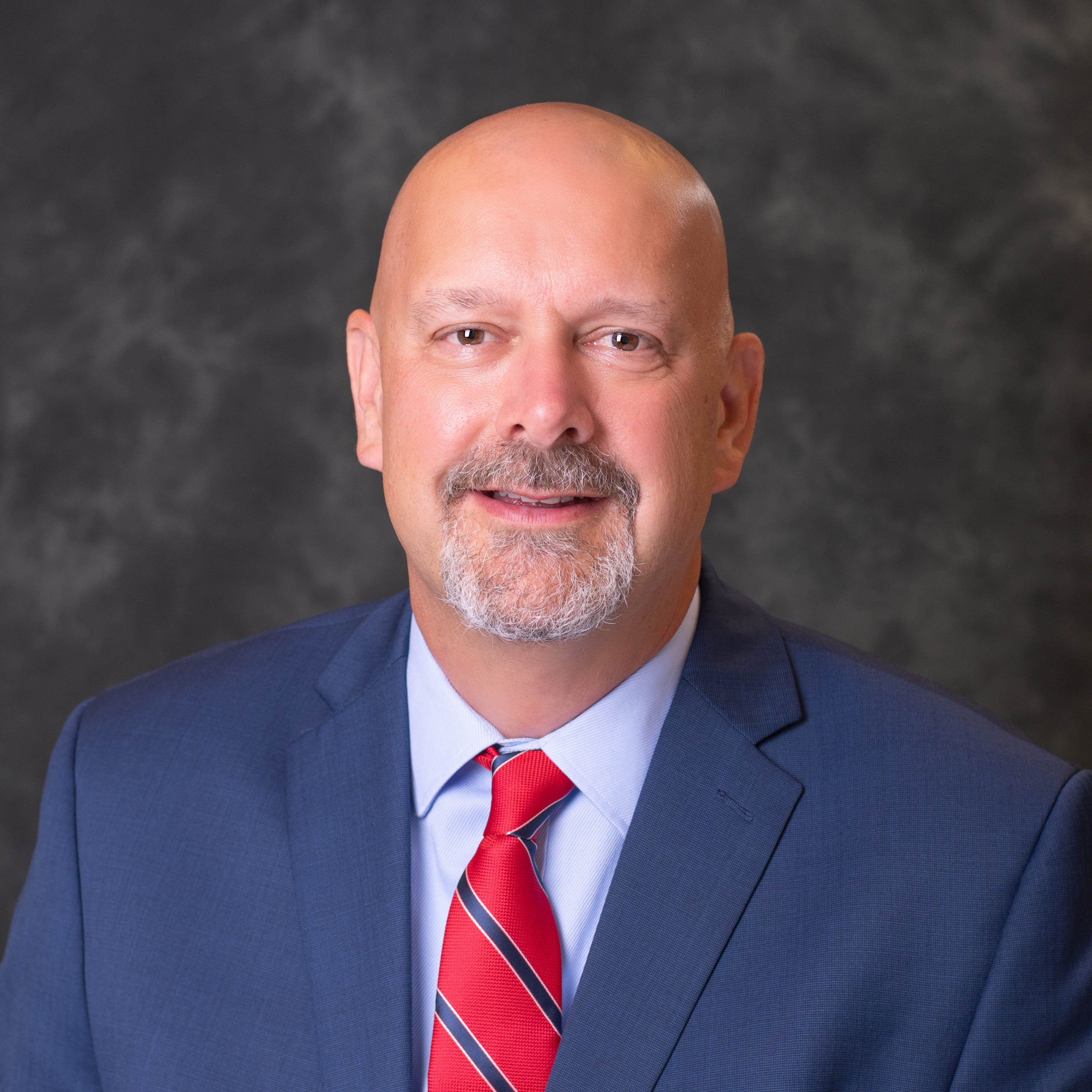Legislators look to restore collective bargaining rights for school employees

State laws severely restricting educators’ collective bargaining rights could be on the chopping block if state Rep. Matt Koleszar, an MEA member and former teacher, gets his way.
The House Labor Committee held its first hearing Thursday on one of Koleszar’s new bills, House Bill 4044, which would repeal a 12-year-old law that freezes employees’ step increases and forces them to pay 100% of any insurance premium increases once a contract expires. By design, the law allows employers to wait out financially stressed employees and force them to accept suboptimal contract proposals.
The original law was passed during a flurry of anti-educator bills sponsored by DeVos-backed Republican legislators after they took total control of state government in 2011. Other punitive measures enacted then include a law capping the amount a school district can pay toward employees’ health insurance premiums, as well as laws banning numerous subjects of collective bargaining.
Educators testifying at Thursday’s hearing drew a direct line between these laws and the educator shortage schools are experiencing today.
Christopher DeYonke, a high school special education teacher, president of the Farmington Education Association and “the proud son of two public school teachers,” said anti-educator laws have decimated the profession he loves.
DeYonke described to the committee his middle-class upbringing, explaining his family was “never rich but never poor,” had a roof over their heads and were “stable and happy.”
“This profession today is not what it was for my parents’ generation,” DeYonke said, fighting to hold back tears. He sighed deeply, then continued: “Changes from the Legislature have moved people out of this profession. They’ve caused veteran teachers to retire early, and they’ve scared off prospective teachers.
“These changes hurt not only my children but children across the state because we’ve created working conditions that are killing our workforce,” DeYonke said.
Rick Meeth, a teacher in Bay City Public Schools and president of the Bay City Education Association, pointed out that the 2011 laws have had the biggest negative impact on lower-paid education support professionals.
“If you drive by any school in any school district in this state, there’s a sign in front of it saying bus drivers wanted or custodians wanted or food service wanted,” he said.
“They’re the ones who feel the brunt of this the most,” Meeth said of ESP staff.
Koleszar, who before his election in 2018 served as a teacher and coach in Airport Community Schools, described his legislation as “restoring fairness” and “a good first step” toward fixing the educator shortage and restoring respect for the profession.
“This just makes it so there’s an even playing field,” Koleszar said, “This makes it so educators can advocate for their kids in the classrooms.”
The House Labor Committee is scheduled to meet again on March 9 to hear additional testimony from educators.
TAKE ACTION: Contact your lawmakers today and urge their support for HB 4044 and other important legislation restoring bargaining rights for school employees. Educators’ working conditions are our students’ learning conditions – by stripping away collective bargaining rights from frontline educators, laws like PA 54 have made it harder to attract and retain qualified educators to our local schools.



